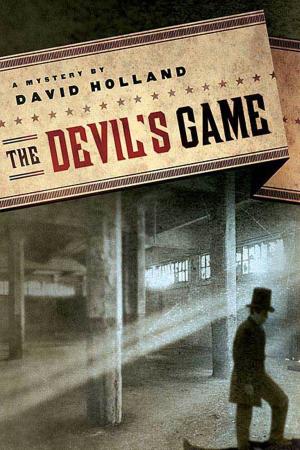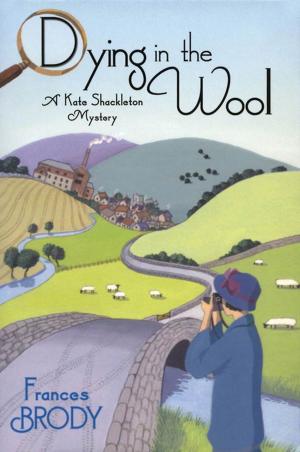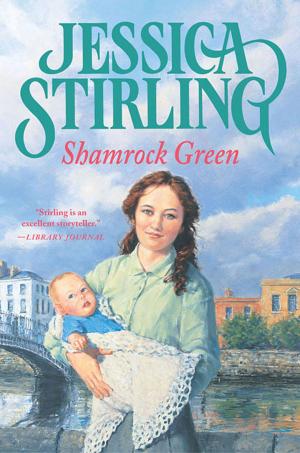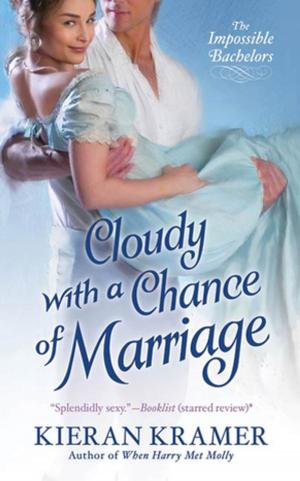Superfluous Women
A Daisy Dalrymple Mystery
Mystery & Suspense, Historical Mystery, Traditional British, Women Sleuths| Author: | Carola Dunn | ISBN: | 9781466847415 |
| Publisher: | St. Martin's Press | Publication: | June 9, 2015 |
| Imprint: | Minotaur Books | Language: | English |
| Author: | Carola Dunn |
| ISBN: | 9781466847415 |
| Publisher: | St. Martin's Press |
| Publication: | June 9, 2015 |
| Imprint: | Minotaur Books |
| Language: | English |
In England in the late 1920s, The Honourable Daisy Dalrymple Fletcher, on a convalescent trip to the countryside, goes to visit three old school friends in the area. The three, all unmarried, have recently bought a house together. They are a part of the generation of "superfluous women"—brought up expecting marriage and a family, but left without any prospects after more than 700,000 British men were killed in the Great War.
Daisy and her husband Alec—Detective Chief Inspector Alec Fletcher, of Scotland Yard —go for a Sunday lunch with Daisy's friends, where one of the women mentions a wine cellar below their house, which remains curiously locked, no key to be found. Alec offers to pick the lock, but when he opens the door, what greets them is not a cache of wine, but the stench of a long-dead body.
And with that, what was a pleasant Sunday lunch has taken an unexpected turn. Now Daisy's three friends are the most obvious suspects in a murder and her husband Alec is a witness, so he can't officially take over the investigation. So before the local detective, Superintendent Underwood, can officially bring charges against her friends, Daisy is determined to use all her resources (Alec) and skills to solve the mystery behind this perplexing locked-room crime.
In England in the late 1920s, The Honourable Daisy Dalrymple Fletcher, on a convalescent trip to the countryside, goes to visit three old school friends in the area. The three, all unmarried, have recently bought a house together. They are a part of the generation of "superfluous women"—brought up expecting marriage and a family, but left without any prospects after more than 700,000 British men were killed in the Great War.
Daisy and her husband Alec—Detective Chief Inspector Alec Fletcher, of Scotland Yard —go for a Sunday lunch with Daisy's friends, where one of the women mentions a wine cellar below their house, which remains curiously locked, no key to be found. Alec offers to pick the lock, but when he opens the door, what greets them is not a cache of wine, but the stench of a long-dead body.
And with that, what was a pleasant Sunday lunch has taken an unexpected turn. Now Daisy's three friends are the most obvious suspects in a murder and her husband Alec is a witness, so he can't officially take over the investigation. So before the local detective, Superintendent Underwood, can officially bring charges against her friends, Daisy is determined to use all her resources (Alec) and skills to solve the mystery behind this perplexing locked-room crime.















